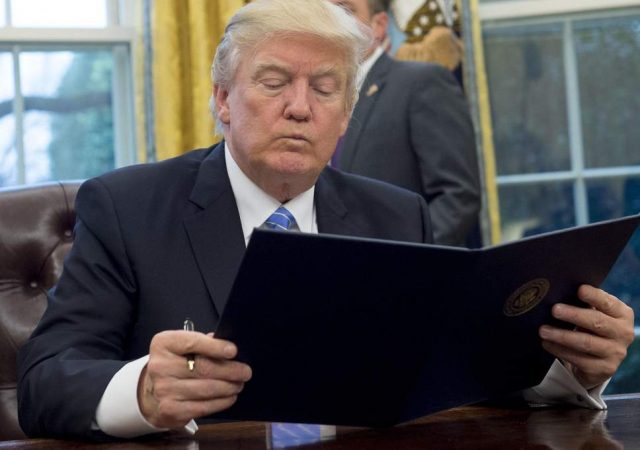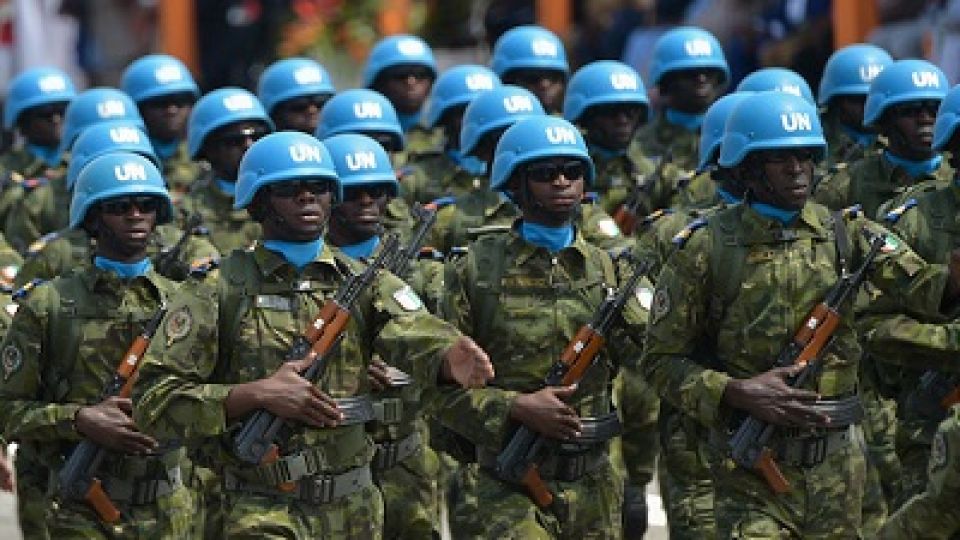A senior US counterterrorism official has raised alarms about the increasing threat posed by global jihadist groups, warning that they are, for example, expanding their activities from Niger, Mali and Burkina Faso into Benin and Togo, which had once had little exposure to jihadi threats.
Speaking at a recent Washington conference, Sebastian Gorka noted that “jihadist groups are more geographically dispersed than ever before, with networks extending across the Sahel, Central and East Africa, the Middle East and Central Asia.” While highlighting the expanding geographical reach of these groups, he also pointed to their growing presence in regions once relatively unaffected, such as Benin and Togo in West Africa. These countries are now experiencing attacks from groups like al-Qaida, adding to the instability in the Sahel and parts of East Africa. Gorka, deputy assistant to President Donald Trump and senior director for counterterrorism, pointed out that these militant groups are becoming more capable and increasingly rely on new technologies, such as encrypted social media apps, to coordinate their activities. Their ability to adapt to digital platforms makes them harder to track and counter.
Gorka also underscored the vulnerability of US border security, stating that gaps in enforcement provide an opportunity for jihadist groups to exploit weaknesses and further expand their reach. He also noted that groups like Hezbollah and Hamas, while still operational, have been weakened by the recent Israeli military actions that “have literally redrawn the map of the region,” especially in Gaza and Lebanon. Gorka’s remarks came amid ongoing US military actions against jihadist militants, including a recent airstrike in Somalia targeting members of the Islamic State group. These developments underscore the urgency of a robust, coordinated international response to address the growing global jihadist threat. The United States continues to face challenges in countering these groups, which are more dispersed and technologically savvy than ever before.



